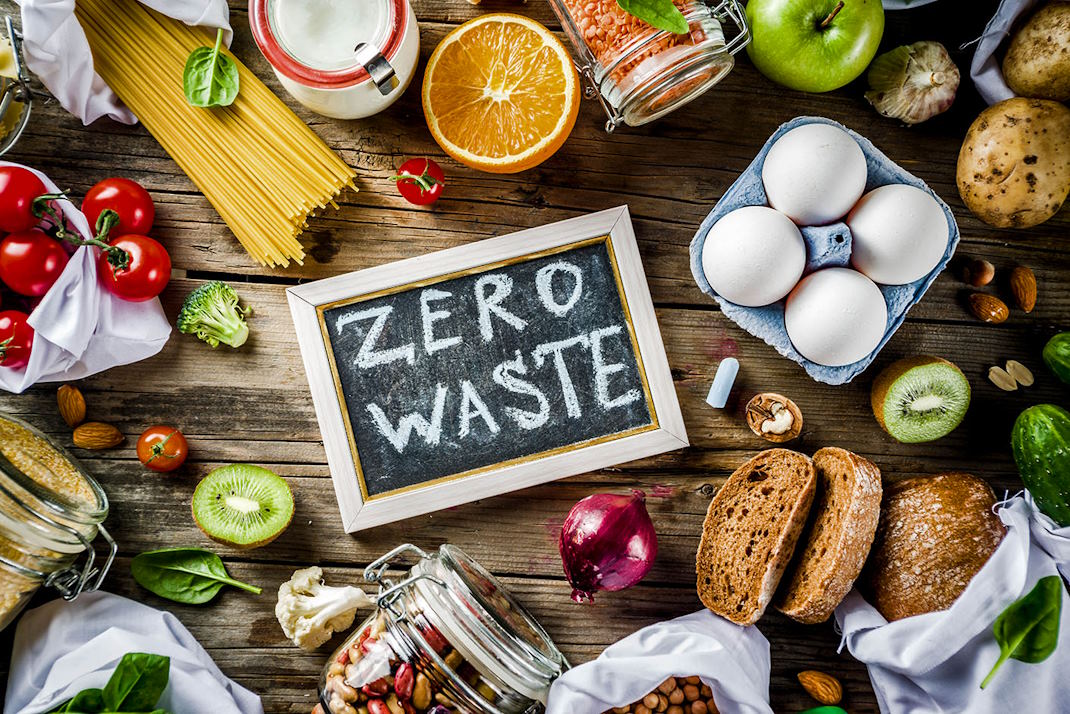The global food industry is constantly evolving, driven by the need for innovative solutions to address various challenges such as food security, sustainability, and changing consumer preferences. In this context, collaboration and knowledge exchange between countries become crucial for fostering innovation in the food sector. Poland and India, with their rich culinary traditions, diverse agricultural landscapes, and growing economies, offer immense potential for such collaboration.
Identifying areas of collaboration
Sharing best practices and knowledge exchange:
One of the key areas where Poland and India can collaborate is by sharing best practices and engaging in knowledge exchange. Poland has made significant strides in food safety regulations and quality control, establishing itself as a leader in ensuring high standards for food production. By sharing their expertise in this area, Poland can help India enhance its own food safety practices, ultimately benefiting consumers and boosting the export potential of Indian food products.
On the other hand, India possesses a rich heritage of traditional food processing techniques and organic farming practices that have been passed down through generations. These techniques emphasize natural ingredients, sustainable practices, and minimal use of chemical additives. By exchanging knowledge and incorporating some of India’s traditional methods, Poland can explore innovative ways to enhance the nutritional value and flavor of its food products while meeting the growing demand for healthier and more sustainable options.

Joint research and development initiatives:
Collaborative research and development initiatives can be another fruitful area of collaboration between Poland and India. By pooling their resources and expertise, they can tackle common challenges in the food sector and develop innovative solutions together. For instance, joint projects could focus on enhancing food preservation techniques to extend the shelf life of perishable products, reducing food waste, and ensuring a more efficient supply chain.
Furthermore, with the shared objective of sustainable food production and waste reduction being paramount global issues, Poland and India have the opportunity to collaborate and exchange knowledge. By pooling their resources, they can collectively develop eco-friendly farming practices, explore alternative food sources, and foster circular economy models within the food industry. This collaborative effort has the potential to yield innovative technologies like precision farming methods or efficient waste management systems, benefiting both countries and supporting global sustainability initiatives, while also establishing avenues for financial transactions, including the possibility of send money from Poland to India.
Potential benefits of collaboration
Collaboration between Poland and India in the food sector holds immense potential for various benefits, ranging from accelerated innovation to strengthened bilateral relationships and cultural exchange.
Accelerated innovation and technology adoption:
By collaborating and sharing their respective expertise, Poland and India can accelerate innovation in the food sector. Poland’s advancements in food processing and packaging technologies, when combined with India’s knowledge of traditional food processing techniques and organic farming practices, can lead to the development of novel and sustainable solutions. This collaboration can drive the adoption of cutting-edge technologies, improving the efficiency, quality, and safety of food production processes in both countries.

Access to new markets and increased trade opportunities:
Collaboration between Poland and India can open doors to new markets and trade opportunities for both countries. By leveraging each other’s strengths and expertise, they can develop innovative food products that cater to diverse consumer preferences. This collaboration can facilitate market expansion, allowing Polish and Indian food producers to tap into new customer bases and increase their global presence. Additionally, by combining their resources, they can jointly explore international trade avenues, fostering economic growth and boosting the export potential of their food products.
Strengthening bilateral relationships and cultural exchange:
Collaboration in the food sector can go beyond economic benefits and contribute to strengthening bilateral relationships between Poland and India. Through joint research projects and knowledge exchange, there is an opportunity for cross-cultural understanding and appreciation. Sharing culinary traditions, techniques, and ingredients can create a platform for cultural exchange, fostering deeper connections between the two nations. Such collaborations build trust, facilitate people-to-people interactions, and promote a sense of shared purpose and mutual respect.
